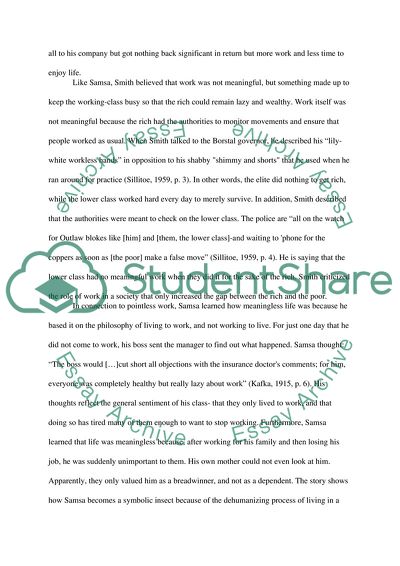Cite this document
(“Worthless Work And Meaningless Lives In Kafkas Essay”, n.d.)
Worthless Work And Meaningless Lives In Kafkas Essay. Retrieved from https://studentshare.org/literature/1702439-worthless-work-and-meaningless-lives-in-kafkas
Worthless Work And Meaningless Lives In Kafkas Essay. Retrieved from https://studentshare.org/literature/1702439-worthless-work-and-meaningless-lives-in-kafkas
(Worthless Work And Meaningless Lives In Kafkas Essay)
Worthless Work And Meaningless Lives In Kafkas Essay. https://studentshare.org/literature/1702439-worthless-work-and-meaningless-lives-in-kafkas.
Worthless Work And Meaningless Lives In Kafkas Essay. https://studentshare.org/literature/1702439-worthless-work-and-meaningless-lives-in-kafkas.
“Worthless Work And Meaningless Lives In Kafkas Essay”, n.d. https://studentshare.org/literature/1702439-worthless-work-and-meaningless-lives-in-kafkas.


